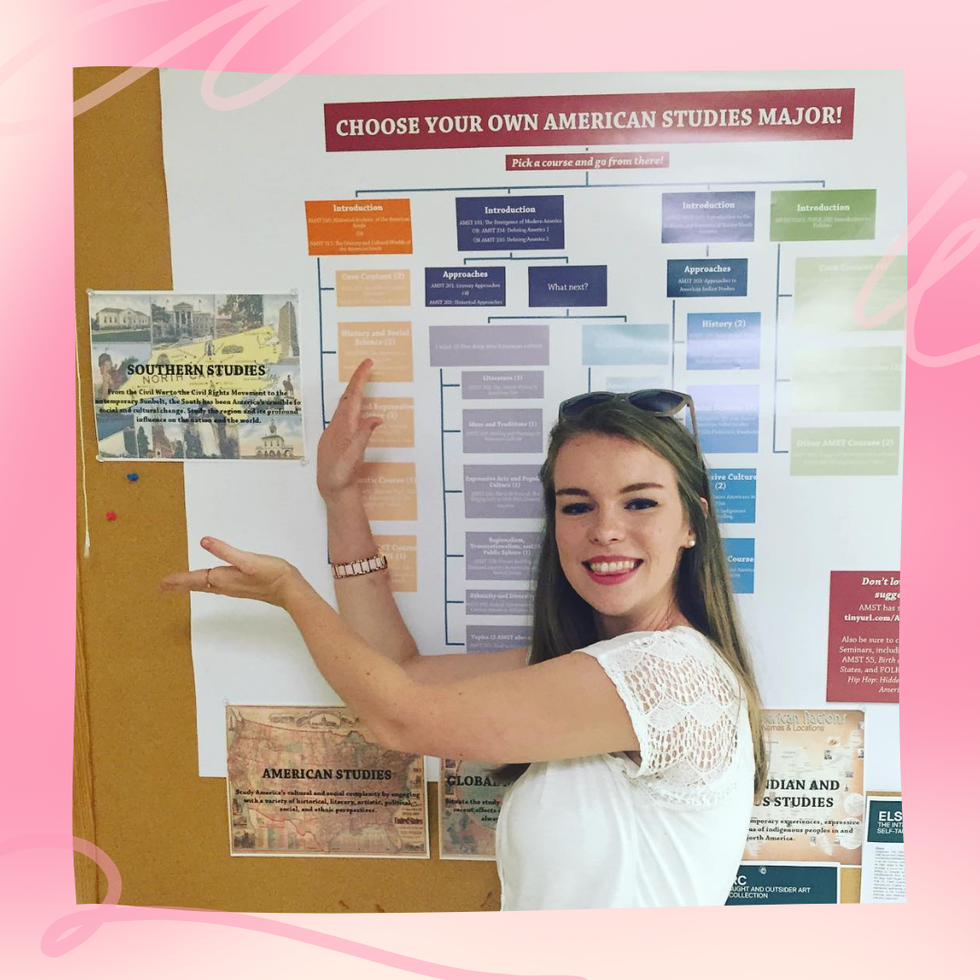
Welcome to Polterzeitgeist: The Pop Culture That Haunts Us, an essay series that explores widely-experienced pop culture moments and their effects — both the good and the bad — on our personal lives.
I turn every museum visit into a game: based on the hair and clothing within the artwork, I can guess its date down to the decade. While I could chalk this up to my cultural college degree and fashion history classes, my love for all things material culture stems from one thing: American Girl dolls.
While my family had plenty of Barbies and baby dolls as small children, my grandmother waited until our sixth birthday to gift us our first American Girl doll. This was the first gift that I was aware was special and needed to be taken care of — apparently, since I would grow up to be a doll collector, that’s one lesson I held tightly!

When I finally turned six and opened up my doll (the 1800s pioneer Kirsten Larson), I immediately fell in love with the attention to detail. Everything from the amber necklace to the wooden spoon and calico dress were like pieces of a puzzle that clicked into place. From that moment onward, my childhood (and the childhoods around me), was marked by American Girl-related memories.
The dolls swept the nation when Pleasant T. Rowland founded the company in the 1980s (it earned $1 million its first year, which equates to $2.8 million today). Kids loved to mark up the never-ending stream of catalogues, and the colorful department stores were filled with buzzy excitement as the brand presented history in a new, accessible way. Samantha: An American Girl Holiday premiered on TV during November of 2004 (I distinctly remember watching it with my cousin in Jersey the same weekend I fell in love with New York City), and it paved the way for other movies based on the beloved characters.
After I received my first doll, I began completing both my own chores and extra tasks in a whirlwind of determination and spunk so I could buy more characters like Samantha and Kit with my own money, and for years to come, every one of my wish lists was nothing but American Girl-themed.
As a tactile learner, having the products in front of me was vital to understanding life before I was born. My collection continued to grow as I found the chapter books, then the cookbooks, then the cultural guides. I couldn't get my hands on them fast enough.
My love for creative writing and stories started with fantasy, but realizing that these time periods filled with beautiful clothing, food, and homes were real captured my attention in a different way. While there’s always room to grow, these stories didn’t shy away from history and some of its horrors. They centered girls who escaped slavery, empathized with completely different life experiences, and fought for women’s rights. These stories definitely served as an educational (albeit fictional) foundation for expanding my worldview.
My mother has also mentioned that in true Type-A, oldest daughter fashion, I refused to dress the dolls in clothing that wasn't from their time period. Go figure.

As I got older, I enrolled in every history class I could take, and by the time I graduated high school, I finally figured out that I cared more about the culture — the ins and outs of everyday life, the chores, the clothing — than objective historical events.
I studied American Southern Studies and Creative Writing at UNC-Chapel Hill, and spent all four years getting swept away by my classes. We studied items like quilts and biscuits, and had to go to the State Fair as an assignment. My peers talked about the classism they experienced, and we had very candid conversations around race after the KKK and Proud Boys showed up on campus. I took film classes, literature classes, and fashion classes. I learned as much as I could about the people that came before me (and the ones I’m surrounded by), and that multidisciplinary approach completely changed my life.
As a writer, I have always had a constant stream of characters and story ideas in mind, and knowing that our emotions were also experienced hundreds of years ago makes life so much richer. These people fell in love and they had hopes and they dreamed about a better future. All the facets of my education allows me to empathize with strangers I talk to on the street, people I interview, and friends I live life with. But I probably never would have chosen that degree if my grandmother hadn’t gotten me that first American Girl doll.
That's why toys are so important. Not only do they introduce us to creativity, empathy, and relationships, but they reflect what we value as a society, what we’re willing to spend time and money on.
So every time I go to a museum, while I might use my fashion history knowledge, I can't help but remember certain cultural details because I saw them on an American Girl doll first.
Did you own American Girls dolls growing up? Let us know who your favorite was and check out our email newsletter for more pop culture moments!
Lead image via American Girl/Graphic by Michelle Hua/B+C
0 Commentaires